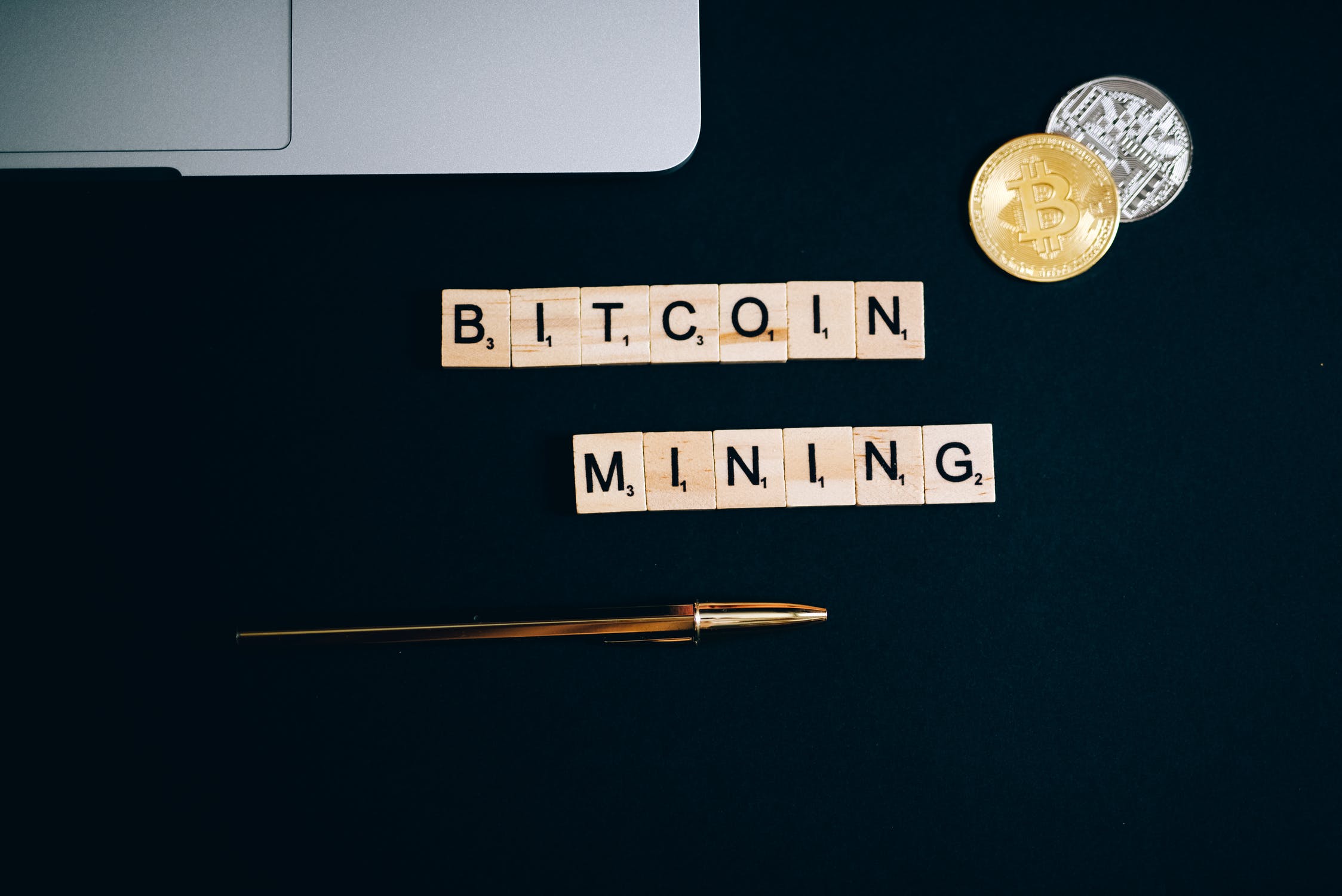Business
Miami mayor offers city’s clean nuclear power to Foreign Bitcoin miners
With Bitcoin (BTC) mining concentration expanding in North America, Miami mayor Francis Suarez is looking to position his city as a hub for crypto mining activity.
-

 Business1 week ago
Business1 week agoNvidia posts mixed Q1, predicts $8B hit with US chip curbs
-

 Business1 week ago
Business1 week agoBlackRock eyes 10% stake in Circle’s IPO
-

 Business1 week ago
Business1 week agoReserve Bank of India to roll out new use cases for digital rupee
-

 Business1 week ago
Business1 week agoGameStop officially confirms first Bitcoin purchase of 4,710 BTC
-

 Business1 week ago
Business1 week agoAmina Bank hits $40M revenue in 2024 as crypto AUM doubles
-

 Business1 week ago
Business1 week agoOpenSea expands beyond NFTs with OS2 public rollout
-

 Business1 week ago
Business1 week agoTON Foundation hires former Visa executive to lead payments strategy
-

 Business1 week ago
Business1 week agoTelegram raises $1.7 billion in convertible bond offering





























